
One of the grand societal challenges of the 21st century is to ensure food and nutrition security for a growing population under climate change and pressure on natural resources. To do this, sustainable crop production needs to be secured and enhanced.
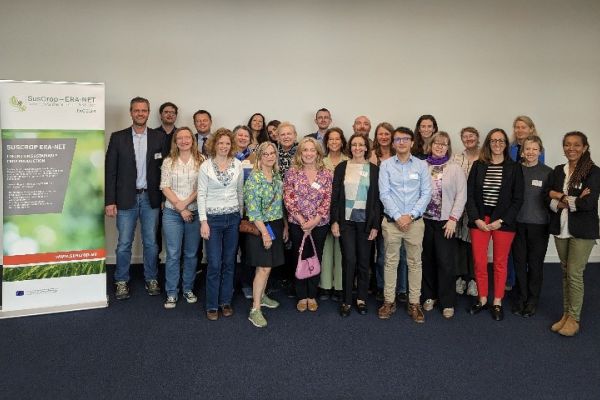
On May 9 and 10, the last physical SusCrop Consortium Meeting was held with 39 representatives (29 in person, 10 remote) in the Berlin Office of Project Management Jülich in Berlin (hybrid event). On the first day, the work package (WP) leads presented a current update on all WPs of the ERA-NET Cofund Action including achievements and to-do’s. In the evening, the first day of the meeting was concluded by a common dinner of all attendees.
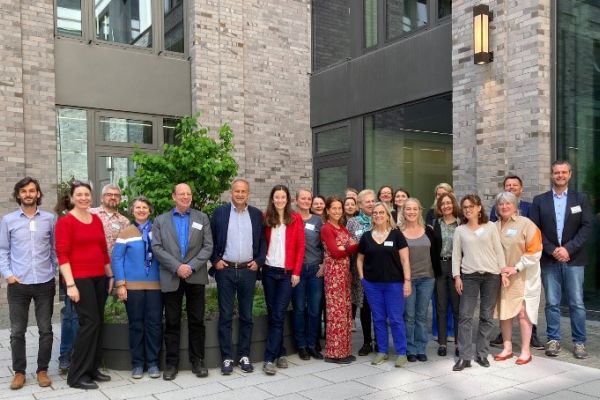
On May 10 and 11, SusCrop organised an expert workshop on future research needs for crop production and improvement. The expert workshop was a follow-up activity building up on the results obtained from a previously organised SusCrop workshop on protein crops in November 2022. The expert workshop had the following two main focus priority research areas:
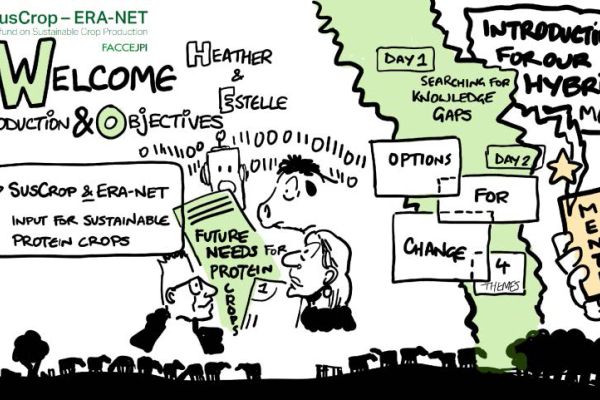
On November 14-15, 2022, SusCrop convened an expert workshop on protein crops in Brussels (Belgium). The workshop aimed to scope future research needs concerning protein crops, primarily for food but also including feed. The term protein crops was used in a large sense, referring to proteins coming from plants (but not algae) and therefore including e.g. grasses.
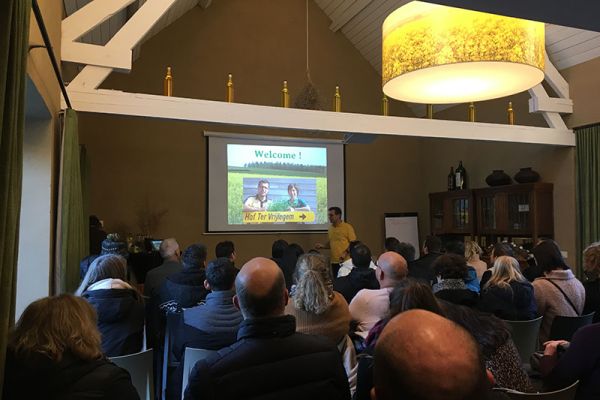
Around 70 people attended the seminar in Gent from different stakeholder groups. During this two-day event, the researchers of the eight 2nd Call SusCrop projects and the six 3rd Call FACCE SURPLUS projects presented their progress and key achievements.
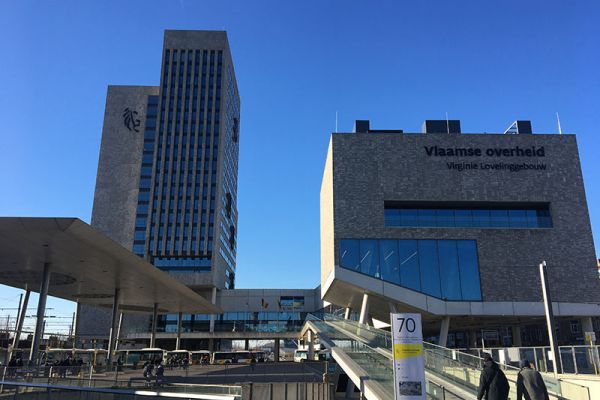
On February 6, the first SusCrop Consortium Meeting was held with 37 representatives in Gent (hybrid event). A current update on the budget and reporting timeline was given, followed by a state of progress on the monitoring, evaluation and impact assessment of the co-funded Call research projects.

About four years have been passed since the projects of the first SusCrop (co-funded) call have started in spring 2019. The Covid-19 pandemic affected the smooth implementation of all projects. However, with an extension of the ERA-NET Cofund by the European Commission, project periods could also be extended, enabling research consortia to achieve their desired outputs and outcomes.
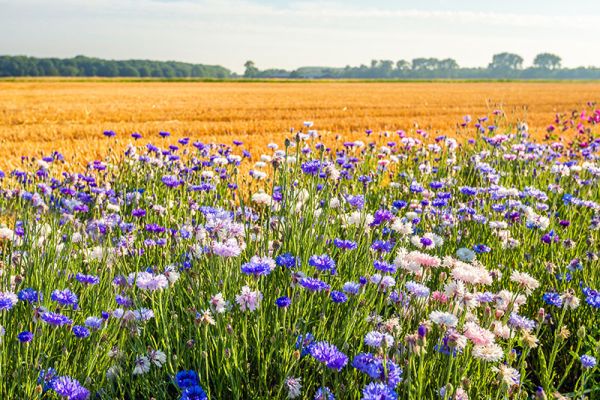
FACCE-JPI and the ERA-NET SusCrop, in the framework of the European Research Area, have decided to join forces to put in place a Call for research projects addressing agrobiodiversity, with the purposes of providing practical and policy-relevant knowledge on how agrobiodiversity can improve resilience of agroecosystems.
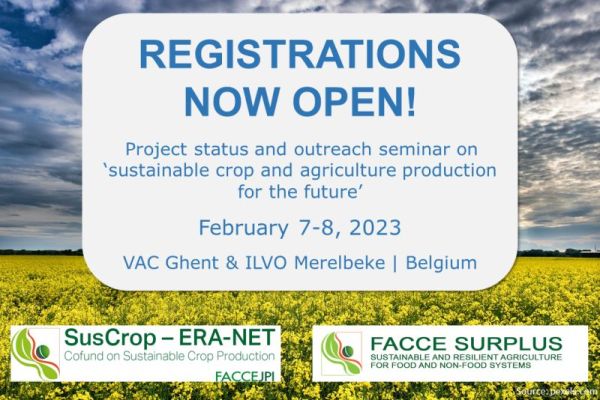
Registrations are now open for the ERA-Net SusCrop project status and outreach seminar on ‘sustainable crop and agriculture production for the future’ that will take place on February 7-8, 2023 in Ghent, Belgium.